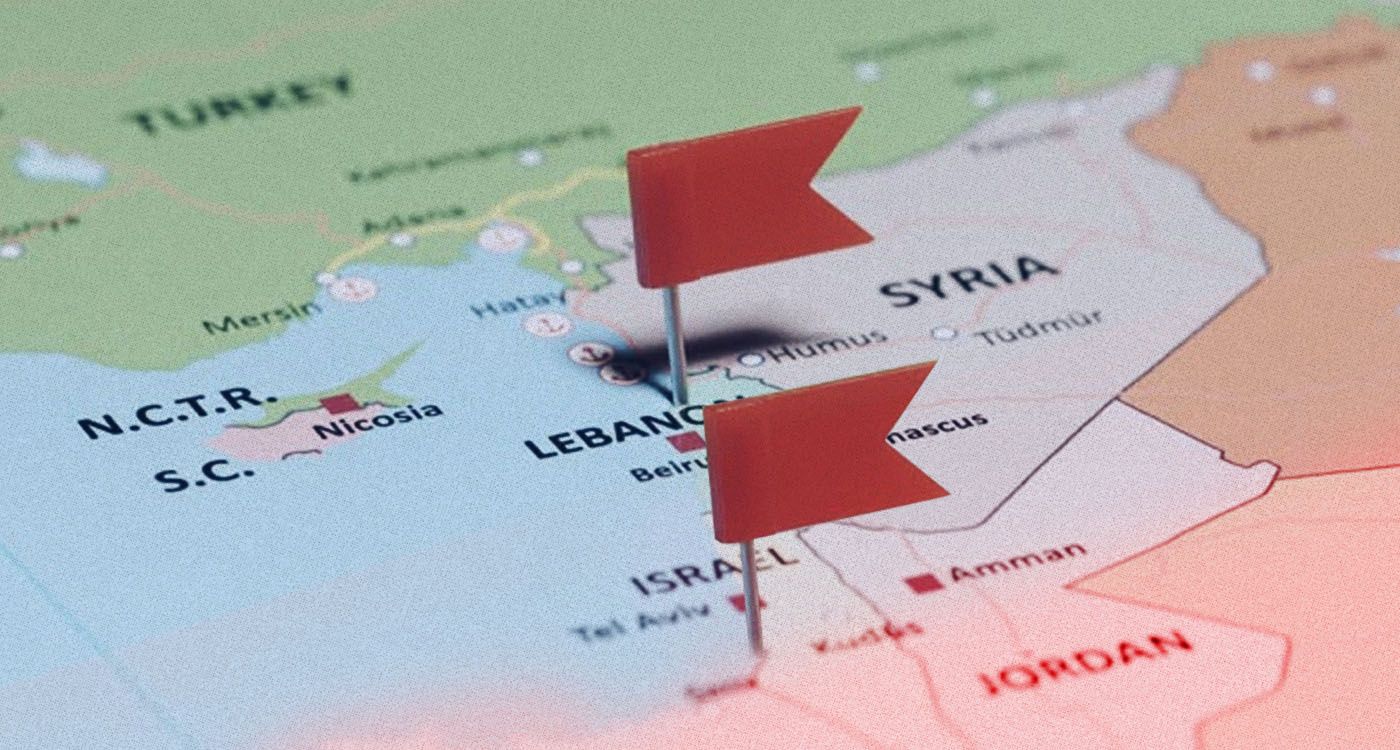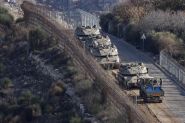
After the French Revolution of 1789, the king conceded some of his powers to Parliament. His supporters sat to his right and his opponents to his left. Forever after, the Right denoted supporters of the ruler and traditions, while the Left meant breaking with the old and yearning for the new. But that was only in theory. In practice, as time passed, the Left became ossified and resistant to change. The Left became a tradition in its own right. Even its revolutionary character became outdated—a fixed set of beliefs. Lebanon’s Left is a case in point.
The Palestine Liberation Organization (PLO) was founded at a conference in East Jerusalem in 1964 under Jordanian sovereignty. The organization started recruiting Palestinian refugees in Lebanon, training them, arming them, and launching attacks across the southern border with Israel, inviting Israeli reprisal.
Lebanon’s Christian establishment was enraged, saw the Palestinian militias as a threat to the sovereignty of the Lebanese state, and sided with global capitalism against the PLO and the now-defunct Eastern Bloc. Christians thus became Lebanon’s Right.
Meanwhile, many Lebanese Muslims took the side of fellow Muslim Palestinians and their armed factions. These Lebanese connected with the world’s leftist organizations and governments and emerged as the country’s Left.
By the time the Lebanese civil war ended in 1991, the Muslim Left had prevailed over the Christian Right. Since then, it has linked peace with Israel to the establishment of a Palestinian state — a prohibitively high price for a country with Lebanon’s fragile economy.
A Palestinian state became the precondition for Lebanese peace with Israel. Thirty-three years and four wars later, that peace remains elusive. Yet the Muslim Left still demands more of the same: more wars, more boycotts, more support for Palestinians, more instability, and more despair.
None of the ideas of the Lebanese Left today are new, innovative, out-of-the-box, or revolutionary. They are the same old ideas from the 1940s and 1950s: a call on people to suffer more and a promise of an ever-elusive happy ending. The happy ending has never come. Instead, the Lebanese have been moving from one disaster to another, their misery deepening by the day, and their population thinning out.
If Lebanon’s Muslim Left has a rabbit it can pull out of its hat to magically improve the situation, now is the time to do so. If not, continuing to demand Lebanese patience, throwing good money after bad, and clinging to hostility toward Israel are all failed and discredited tactics. The so-called resistance should come to an end.
When it comes to the “Palestinian cause”, the Lebanese have paid their dues, even overpaid them compared to all other Arab populations, including the Palestinians themselves.
Perhaps the truly revolutionary idea now is to reverse 75 years of animosity toward Israel and try something different: peace. Lebanon has tried everything else: Boycott, low-intensity war, full-scale war, you name it. None helped the Palestinians get a state. All deepened Lebanon’s misery and despair.
Since nothing else has worked, it may be time for Lebanon to consider unconditional, immediate, and comprehensive normalization of diplomatic ties and people-to-people peace with Israel. Once friendly relations are established, the 13 disputed border points between the two countries could be easily resolved. Friends, after all, solve problems more easily than enemies.
The real revolution in Lebanon today would not lie in adhering to Muslim left-wing or Christian right-wing ideologies. Instead, it would be to try what has not been tried in 75 years: peace and normalization with Israel.
Peace may revolutionize Lebanese political discourse, shifting it from slogans about dignity, national pride, resistance, and liberation to a new focus on liberty, economic growth, patriotism, and national interest.
This is what the "Lebanon First" rhetoric should mean: prioritizing peace with Israel, reshaping national priorities, and moving from emotional appeals to practical interests and economics — all revolutionary ideas yet to be tested in Lebanon.
By championing these new ideas, Lebanon’s Christians have become the true revolutionaries. The Lebanese Right now stands where the Left should have been, while the ossified Left — clinging to the status quo and endless war with Israel — has become the new Right, albeit with an Islamist tinge.
But in the end, who cares about Left or Right? What matters most is Lebanon’s national interest, which demands the country’s extraction from an unforgiving regional conflict. Only then will the road to prosperity finally open.




Comments